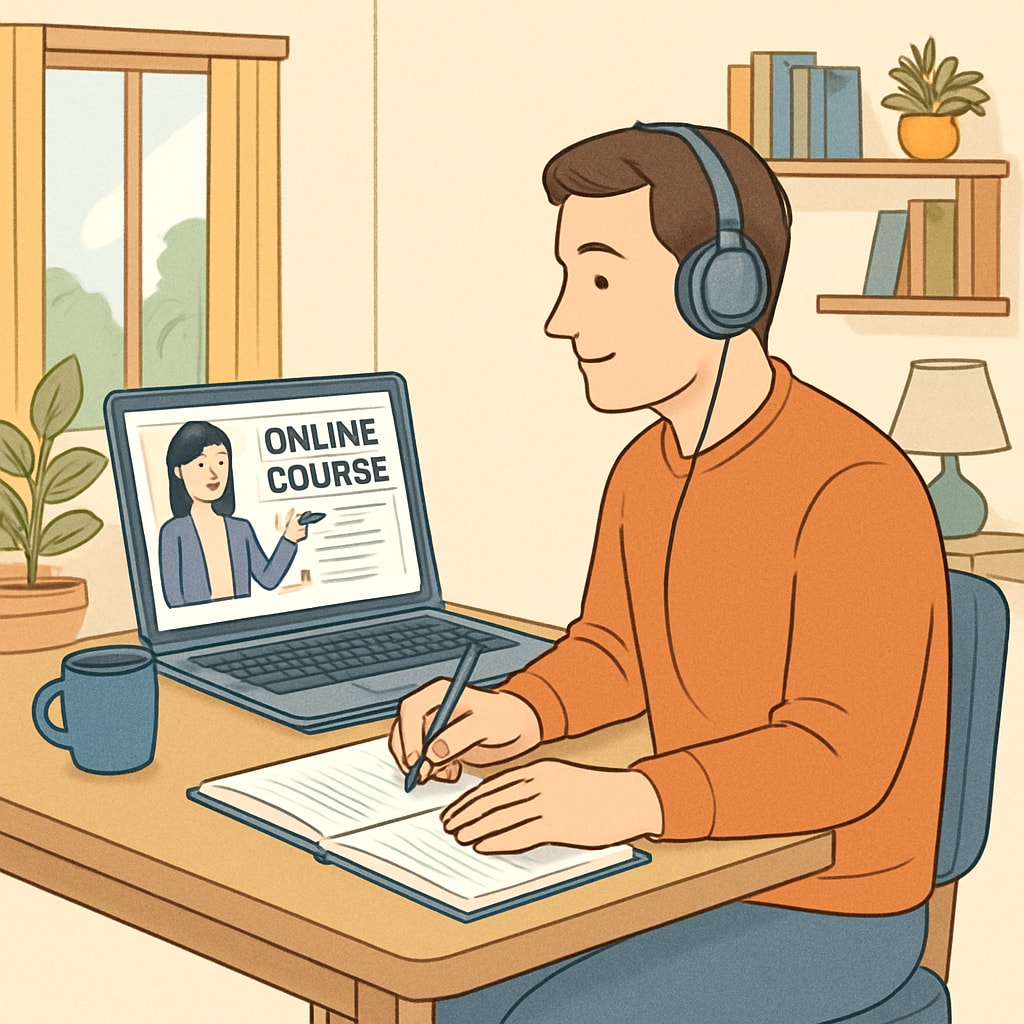For many, the idea of returning to school or beginning formal education as an adult can feel intimidating. Concerns about “being too old,” adjusting to structured learning, and balancing life commitments often discourage people from pursuing this path. However, the reality is that formal education is not confined to a specific age. With the right mindset, self-learning skills, and modern educational opportunities, adults can thrive academically and professionally. In this article, we explore why starting formal education later in life can be a transformative and achievable goal.
Breaking the Myth: Age and Education
One of the biggest barriers to adult education is the societal belief that learning is best suited for the young. This notion can create unnecessary age concerns for those considering a return to school. However, research has consistently shown that adults possess certain advantages in learning, such as greater discipline, clearer goals, and deeper life experience.
Adult learners bring a unique perspective to formal education. They often approach their studies with a purpose that younger students may lack. For example, adults who return to school to advance their careers or change professions are highly motivated because they understand the value of education in achieving their goals.
- Goal-oriented learning: Adults are more likely to have specific ambitions, making their learning more focused and efficient.
- Real-world application: Life experience allows adults to connect theoretical knowledge to practical scenarios.
- Emotional resilience: Unlike younger students, adults often have better coping mechanisms for challenges.

Self-Learning Skills: The Key to Success
Another significant factor in adult education is the ability to learn independently. Self-learning skills, such as time management, critical thinking, and adaptability, are crucial for academic success. Adults often develop these skills naturally through their personal and professional lives, giving them an advantage when they enter formal education.
For instance, an adult who has spent years in the workforce is likely to be familiar with setting deadlines, prioritizing tasks, and solving problems—all of which are essential for academic achievement. These skills can help adults not only succeed in structured school environments but also excel in self-paced or online learning programs.
Moreover, technology has made learning more accessible than ever before. Platforms like Coursera, Khan Academy, and edX offer courses on a wide range of topics, enabling adults to prepare for formal education or even substitute traditional schooling altogether. These resources empower individuals to take control of their learning journey, regardless of their starting point.

Modern Educational Opportunities for Adults
Today’s education system has evolved to accommodate learners of all ages. From flexible class schedules to online degrees, there are countless options designed to suit the unique needs of adult students. Many institutions understand the challenges adults face, such as balancing work, family, and education, and offer tailored programs to address these concerns.
Here are some practical pathways for adult learners:
- Community colleges: Affordable and accessible, these institutions are a popular starting point for adults returning to school.
- Online programs: Virtual learning offers flexibility, allowing students to study at their own pace.
- Part-time courses: Many universities offer part-time options to help students balance education with other responsibilities.
- Certification programs: Short-term programs focused on specific skills or industries can provide a quicker route to career advancement.
For example, continuing education programs are specifically designed for adult learners, offering a wide range of subjects and flexible formats. Similarly, distance education enables students to access quality education from anywhere in the world.
Conclusion: Education Is Timeless
In conclusion, the idea that education is only for the young is an outdated concept. Adults who embrace formal learning later in life often find that their age is an asset rather than a limitation. With self-learning skills, modern educational resources, and a clear sense of purpose, adult learners can achieve extraordinary success. Whether you’re looking to advance your career, change your field, or simply expand your knowledge, it’s never too late to begin.
So, if you’ve been hesitating to start your educational journey due to age concerns, remember: education is timeless, and the opportunities are endless. Take that first step today and unlock your potential!


